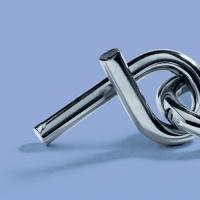
Brexit: what customs impacts?
On the evening of Wednesday, 29 January 2020, the European Parliament approved the withdrawal agreement, the penultimate step before the United Kingdom’s exit from the European Union at midnight CET on 31 January 2020.
The transition period started on 1 February 2020. What changes are to be anticipated in the area of customs?
We find ourselves now in an “orderly exit” scenario, with a transitional period lasting until 31/12/2020.
During this period, nothing will change for businesses on either side of the Channel, and the Union Customs Code, as well as the Community regulations, will continue to apply in the United Kingdom.
Moreover, this period may be extended by one or two more years, if necessary. In practice, this 11-month timeframe should permit the EU and the UK to negotiate an agreement (or not) such as the one in place between the EU and Switzerland.
Any extension decision will nonetheless have to be taken jointly by the two parties before 1 July 2020.
Circulation of goods
In principle, under the withdrawal agreement, any good placed on the market in the European Union or the United Kingdom before the end of the transition period (i.e. before 1 January 2021, barring an extension) will continue to circulate freely in and between these two markets until reaching its final user.
Regarding customs, VAT and excise taxes
Under the withdrawal agreement, a supply carried out before the UK’s withdrawal from the EU customs union, i.e. before 1 January 2021 (barring an extension of the transition period), will be completed pursuant to the Union rules applicable at the time of dispatch of the goods.










